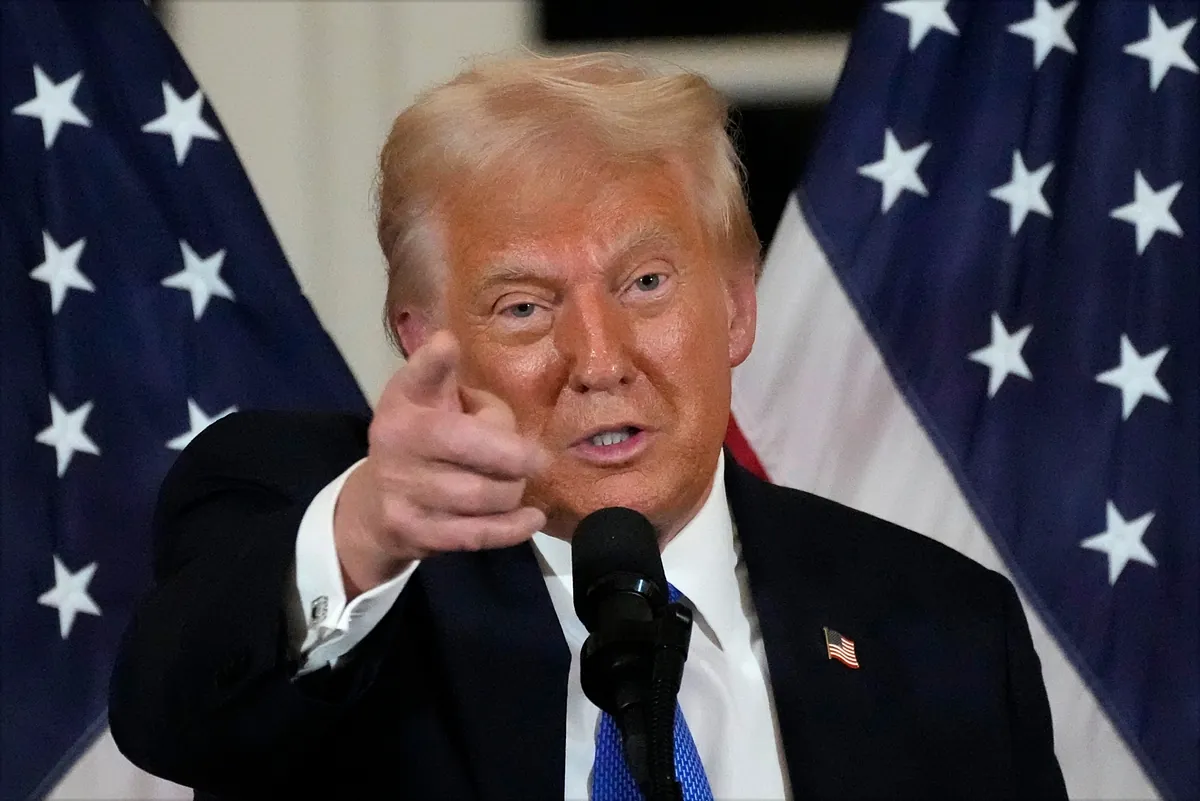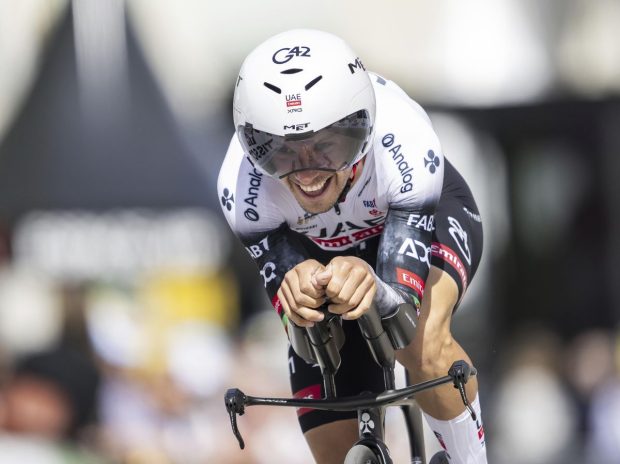

President Donald Trump is reportedly considering an executive order that would curb the rapidly growing NIL (name, image, and likeness) payments in college athletics, a move that could reshape the landscape of NCAA sports. According to the Wall Street Journal, the idea surfaced during a private meeting with retired Alabama football coach Nick Saban, who expressed frustration over the evolving rules of college recruitment.
Saban, who stepped away from coaching after the 2023 season, has long voiced concerns about how NIL deals disrupt competitive balance. Trump, apparently sympathetic to that view, directed aides to begin drafting a potential order targeting the recent explosion in athlete compensation.
Trump jokes about transgender athletes in college speech
NIL deals under the microscope
Since 2021, NIL rights have allowed college athletes to earn money for endorsements, social media, appearances, and more. The shift has empowered student-athletes to monetize their value in ways previously blocked by NCAA regulations, regulations that courts and lawmakers increasingly viewed as outdated and possibly illegal.
While critics like Saban argue that NIL has introduced chaos into recruiting, supporters believe it’s a long-overdue correction in a system that exploited players for decades. For many athletes, especially those from low-income backgrounds, NIL has provided a life-changing source of income.
If Trump’s executive order were to move forward, it would mark a rare intervention by the executive branch into what has largely been a judicial and legislative rebalancing of power in college sports.
A free-market fight or a political play?
Supporters of NIL argue that limiting athlete earnings contradicts free-market principles. Why should young athletes be the only group restricted from capitalizing on their talents? CEOs, actors, musicians, and influencers face no such barriers. Critics of the proposed order see it as selective regulation, one that targets college athletes while leaving other high earners untouched.
More broadly, any executive action against NIL raises constitutional questions about government overreach and the three-branch balance. Courts have already ruled in favor of athlete compensation, and any attempt to roll back those rights would likely face significant legal challenges.
As the 2024 campaign season heats up, Trump’s stance on NIL may appeal to traditionalists, but it could also alienate younger voters and athletes who see the policy as a step backward.
For now, college athletes continue to cash in. But if this order moves forward, their earning power may soon come under fire.
This news was originally published on this post .









Be the first to leave a comment